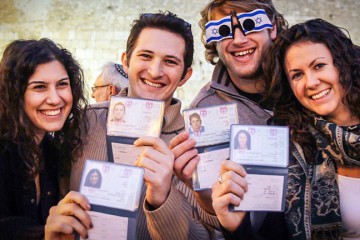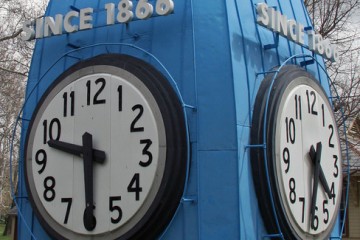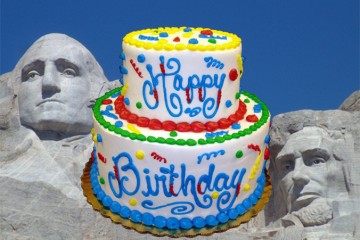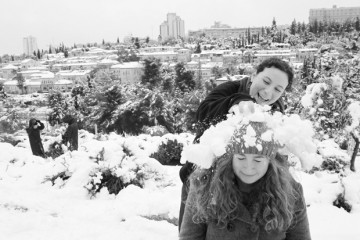A Chanukah who’s who
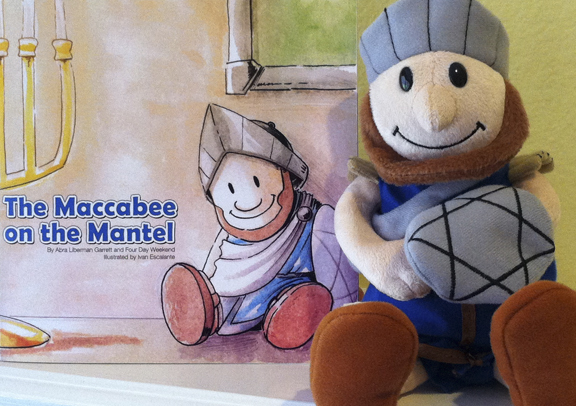
Leshon Ima – Mother Tongue with Dr. Rachel Zohar Dulin, Special To The Dayton Jewish Observer
Chanukah, the holiday of lights, is at our door. The candles we light during this lovely holiday stand as a yearly reminder of the Jewish struggle against tyranny and religious oppression. Chanukah is a celebration of the victory of the human spirit, where the few, led by the Maccabees, overcame the many, the Seleucid-Greeks, and established the independent Jewish Hasmonean dynasty in the Land of Israel (167-37 B.C.E).
The questions arise: why were the Jewish fighters called Maccabees and why was the dynasty which they established called Hasmonean?
The struggle against the Greeks was initiated by Mattathias, a priest from the village of Modi’in in the foothills of the Judean mountains. His refusal to obey the Greek demands that contradicted Torah law and his teaching that self defense is permitted on Shabbat sparked the beginning of a guerrilla war against the occupying regime (I Mac. 2:27-41).
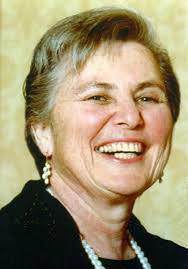
Judah, Mathathias’ third son, led the struggle after his father’s death and turned it into a full-scale war.
Due to his charismatic personality and fierce combat ability, Judah was known among the warriors as Judah The Maccabee (I Mac. 3:11).
There are two theories for the origin of the title. Some say that it is an acronym for Mi chamocha, ba’elim Adoshem, translated, Who is like You, God, among the gods, a declaration taken from the song sung by Miriam and the people of Israel after crossing the Reed Sea (Ex. 15:11). These words rallied the Jews in their fight for freedom and the title Maccabee, bestowed honor upon their leader.
Others explain that Maccabee is derived from the word makevet meaning hammer and exemplified the strong hand and zeal of the man who stood at the head of the revolt.
In the end, all those who joined with Judah the Maccabee were known as Maccabees and the fight for freedom was named The Maccabean Wars.
Hasmonean, on the other hand, is the name of the Jewish dynasty that rose to power in Israel after the Maccabean victory. The origin of the name and its meaning are not clear.
According to some, Mattathias the priest, the patriarch of the dynasty, was a descendent of a priestly line, which originated in the town of Heshmon on the Judean southern border (I Mac. 2:1; Neh. 12:6). The town of Heshmon was mentioned twice in the Bible (Num. 34:29; Josh. 15:27) and those who came from that town were known as Hasmoneans.
Others claim that the name of the dynasty, which ruled Israel for more than 100 years, is based on the Hebrew word hashmanim. This word appears only once in the Bible (Ps. 68:32) and means minister, leader and marquis. From the Middle Ages onward, hashmanim in Hebrew referred to cardinals of the church.
And so, as we light the Chanukah candles to commemorate the Maccabean Wars and the Hasmonean era, we should remember the bravery and the zeal exhibited by our people throughout time in the fight for national identity and religious freedom.
Dr. Rachel Zohar Dulin is a professor of biblical literature at Spertus College in Chicago and an adjunct professor of Bible and Hebrew at New College of Florida.
To read the complete December 2015 Dayton Jewish Observer, click here.


